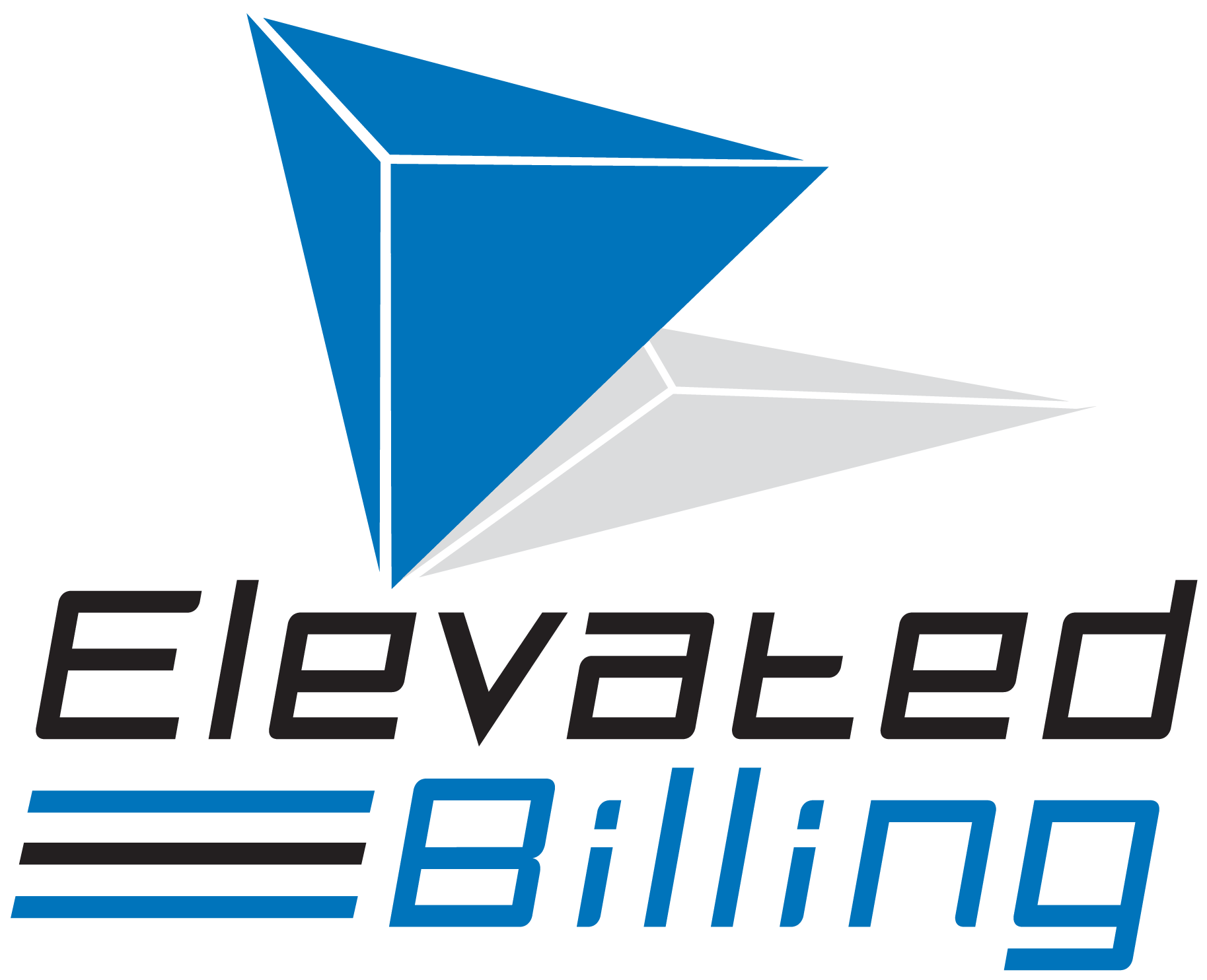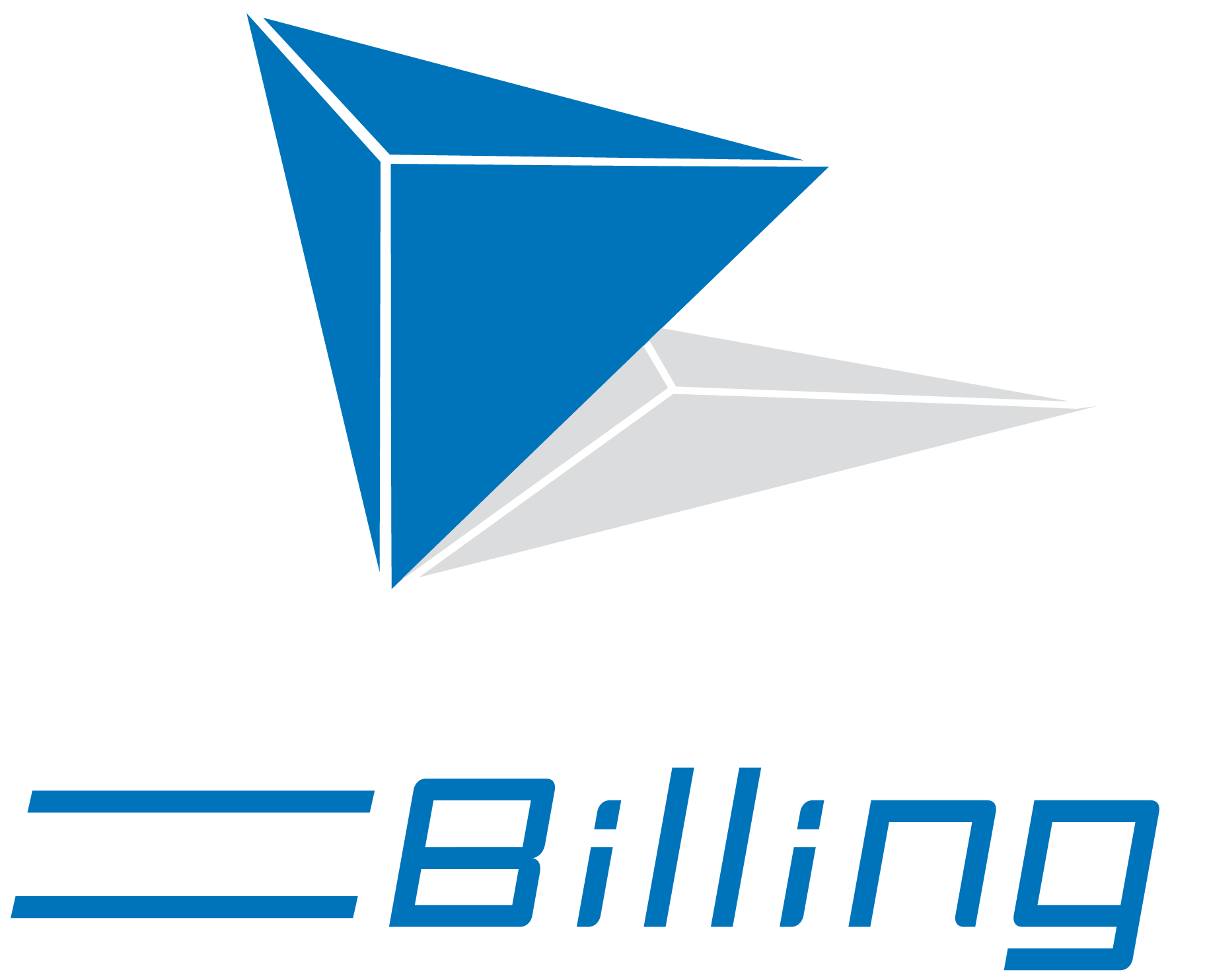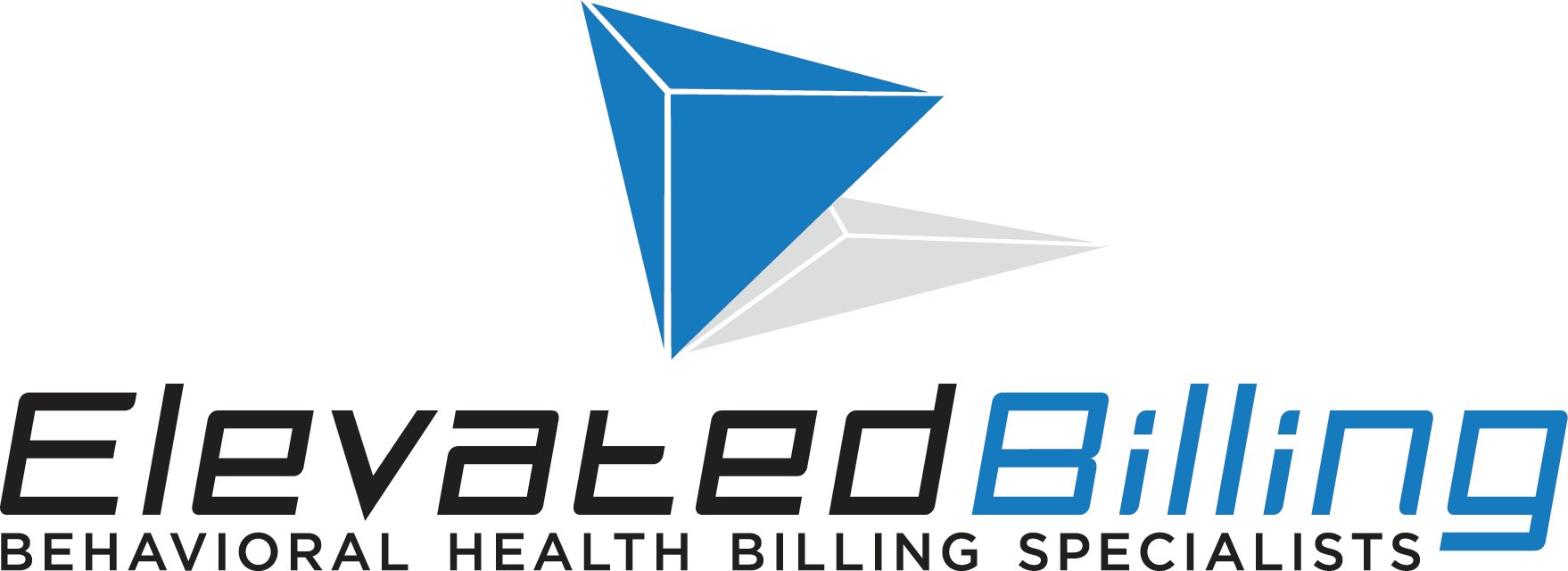Obtaining authorizations for your patients is just one step toward insurance compensation. This can provide funding up front, but if documentation and charting is not kept up outside of utilization reviews and assessments, this could lead to considerable take-backs and force a facility to refund all or part of the reimbursement back to the insurance. Charting often appears excessive and often time consuming for the therapists treating the patients.
It is important to understand that charting is just as crucial to your patients' care as is seeing them one on one.
We have found there are several aspects of charting that are typically brought up when insurance requests their money back. The following are identifiable and common items to watch out for:
-
Preadmission Screening
This screening needs to be completed with all incoming patients prior to the patient being admitted for care. This can also include an application for care. Insurance expects a screening to show that the facility has done due diligence in screening the patient to ensure the appropriate fit for the facility.
-
The First 24 Hours
Once a facility has admitted the patient, an assessment or biopsychosocial with ICD-10 Diagnosis needs to be completed within 24 hours of the patient admitting. A preliminary discharge plan and initial treatment plan are also expected within 24 hours of the patients admit. Lacking those 3 essential items has led to significant take-backs and could cost your company money in the long run.
-
Psychiatric Evaluations
Residential treatment stays should include a psychiatric evaluation to be done within the first 72 hours of admit, and weekly thereafter. This is essential for medication management and planning. Regular evaluations are expected to help direct care and adjust preliminary diagnosis codes if needed.
-
Treatment Plan
Admits need to have a preliminary treatment plan in place. Those can consist of generic goals for the patient. Within 48 hours a comprehensive treatment plan needs to be completed. This needs to be individualized to the patient including S.M.A.R.T. treatment goals.
-
Document ALL Treatment Hours
Each level of care requires specific hours of treatment which needs documentation associated with each hour. Detox and Residential require 24 hour monitoring. Detox does not have a specific number of hours needing to be completed for group/individual/family therapy sessions; however, documentation of nurse check needs to be documented at the time the patient was seen.
Residential differs slightly as it requires 6 – 7 hours of documented treatment daily. This includes group therapy sessions, family therapy sessions and individual therapy sessions. PHP is expected to be 5 – 7 days per week, 5 – 6 hours of documented treatment per day. Finally, IOP is 3 – 5 times per week, 3 – 4 hours per day with a minimum of 9 hours.
Watch out for some of these common stumbling blocks when it comes to charting for your patients! If you follow the basic documentation guidelines, the chances for take backs and a need to refund to the insurance company is considerably less likely.
Elevated Billing is here to help with your revenue cycle and billing solutions. Contact us at (801) 266-1280 or info@elevatedbilling.com to learn more.


